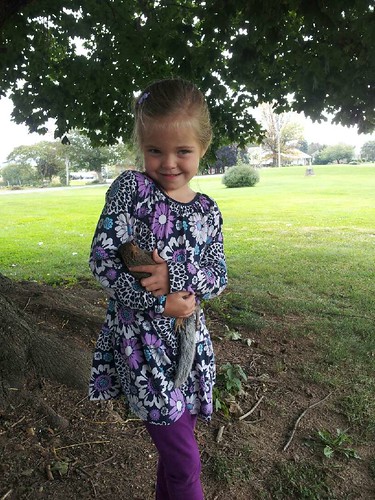Safety…
I had never really considered it before.
Even when I lived alone, half-a-world away from family, I’ve been blessed with a sense of security & protection all of my life. With safety a seemingly natural thing, I never really considered what it would be like to feel UN-safe, UN-secure, UN-assured. UN-protected.
Then I began a relationship… with someone who made me feel completely safe. Even safer than ever before! So I still didn’t notice it.
As I began preparing for our wedding, I ran across a few blogs, snippets of books, etc that talked about marriage and relationships. They talked about how to overcome common threats to deepening relationships: Anxiety. Insecurities. Inadequacy. Fears.
Suddenly, I began to realize what a precious gift I did have, by understanding what I didn’t have. I was so grateful to my parents, grateful to my fiancé, grateful to God! Moreover, I’ve begun to feel the beautiful weight of how our relationship with our earthly spouse is a mirror of our identity in Christ. (Yeah, yeah, yeah. I’d heard that all my life… but I didn’t KNOW it.)
For those who are 2nd or 3rd generation Christians, we take Salvation through Christ for granted. It’s hard to imagine life without Him. We obviously don’t want to turn back time and live a more sin-filled life in order to drink more deeply of His grace, but… we don’t know what it means to return to our first love, because we scarcely remember that far back! (Except maybe what our favorite toy was!)
And yet… it’s HUGE! It’s such a HUGE THING to be Saved. Washed clean. Redeemed. Uncondemned. Pursued. Loved. Secure. Accepted. Adopted. Wanted. Cherished. Completely whole in Christ. Made new. Safe.







